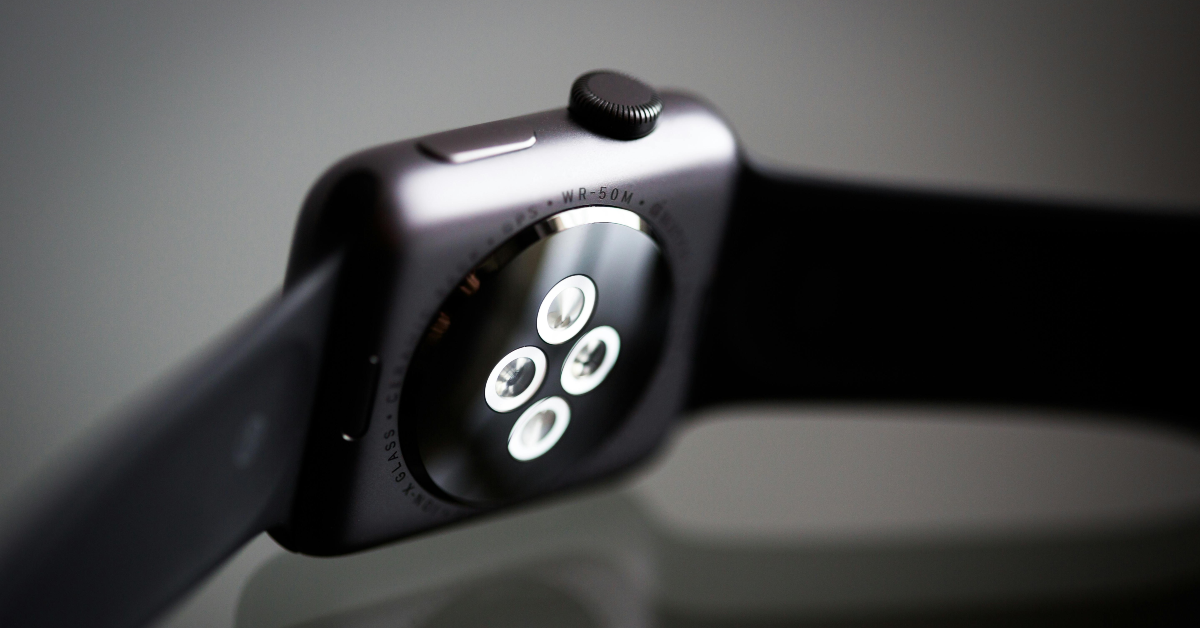According to reports, an elderly woman sought medical care after receiving frequent low heart rate alerts from her Apple Watch, which led to the discovery of an undiagnosed brain tumour. The Apple Watch’s ECG feature identified an abnormal heartbeat.
Reportedly, a 57-year-old lady named Sam Adams, who lives near Brighton, received a series of health alarms on her Apple Watch following a trip to Costa Rica. The smartwatch continually registered an unusually low heart rate. Adams first blamed her symptoms, like fatigue and severe headaches due to stress, sadness for the deaths of her father and pet, and the dissolution of her marriage, rather than a serious health problem.
However, her Apple Watch’s frequent alerts, notably its electrocardiogram (ECG) feature, revealed an abnormal heartbeat. This vital warning pushed her to seek immediate medical care. A subsequent checkup, spurred by the Apple Watch’s detection of an abnormal pulse, revealed an undiscovered tumour in the brain. Early discovery enabled her to obtain prompt treatment.
According to the woman, her symptoms included lack of energy, a dull frontal headache, and constantly low heart rate readings on her Apple Watch. These frequent signals encouraged her to seek medical help, beginning with a blood pressure check at a pharmacy. Further medical tests indicated a treatable cardiac problem. The recurring headaches also prompted a CT scan, which surprisingly revealed an undetected brain tumour. Doctors warned the woman that the tumour was most likely benign but inoperable. She is presently taking prescribed medicine to manage her illness and has monthly brain scans, and she is grateful that her Apple Watch’s alerts helped uncover her health problems early on.
Also Read: Upcoming Apple Watch Series 11 and Watch Ultra 3 will get a design upgrade and more sensors: Report
Apple’s Breathing Disturbances uses advanced sensors to detect interruptions in breathing during sleep. Every 30 days, the watch will analyse this data and notify users of consistent signs of moderate to severe sleep apnea.
The feature, set to roll out across more than 150 countries, provides users with a clear way to detect potential health issues early. By offering this health insight, Apple positions itself as a pivotal player in making invisible conditions more manageable.



